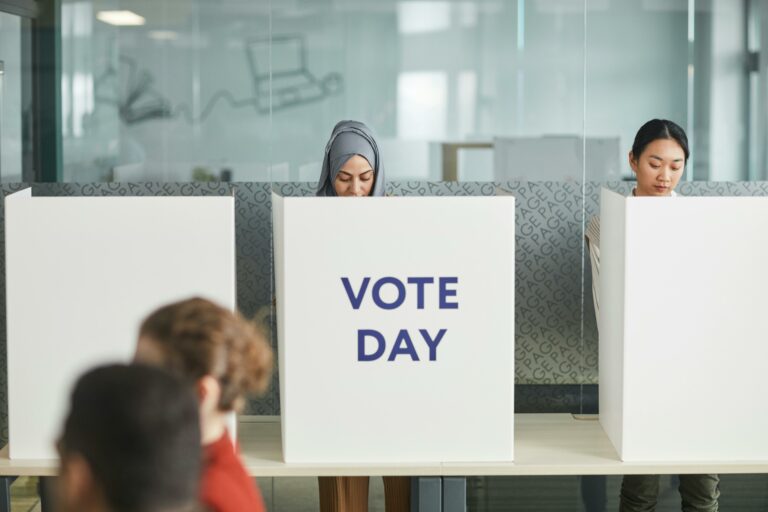The Intersection of Election Security and Data Protection Regulations
11xplay reddy login registration, laser book 247, skylive casino:The Intersection of Election Security and Data Protection Regulations
In recent years, the issue of election security has become a hot topic around the world. With the rise of cyber attacks and data breaches, ensuring the integrity of the electoral process has become more critical than ever. At the same time, governments are increasingly implementing data protection regulations to safeguard the personal information of their citizens. The intersection of these two areas election security and data protection presents a unique set of challenges and opportunities that must be addressed to maintain the trust and confidence of voters.
Election Security: The Stakes Are High
Election security encompasses a wide range of measures designed to protect the integrity of the voting process. From securing voting machines to preventing unauthorized access to voter registration databases, election security is crucial to ensuring that elections are free, fair, and transparent. In recent years, there have been numerous instances of cyber attacks targeting electoral systems in countries around the world. These attacks have raised concerns about the potential for foreign interference in the electoral process and the need to safeguard against such threats.
Data Protection Regulations: Protecting Personal Information
Data protection regulations, on the other hand, are designed to protect the personal information of individuals from unauthorized access and use. These regulations typically require organizations to implement security measures, such as encryption and access controls, to safeguard sensitive data. In recent years, there has been a proliferation of data protection regulations around the world, including the European Union’s General Data Protection Regulation (GDPR) and the California Consumer Privacy Act (CCPA). These regulations impose strict requirements on organizations that collect and process personal data, including requirements for data minimization, transparency, and accountability.
The Intersection: Balancing Security and Privacy
At the intersection of election security and data protection regulations, there is a delicate balance that must be struck between protecting the integrity of the electoral process and safeguarding the privacy of individuals’ personal information. On the one hand, election security measures are essential to preventing unauthorized access to electoral systems and ensuring that votes are counted accurately. On the other hand, data protection regulations are designed to protect individuals’ privacy rights and prevent the misuse of personal data.
One of the key challenges at this intersection is data sharing. Election authorities often need to share voter registration data with other government agencies, such as law enforcement agencies and immigration authorities, to verify the eligibility of voters and prevent voter fraud. However, sharing this data raises concerns about the potential for misuse and unauthorized access. Data protection regulations require organizations to implement strict controls on the sharing of personal data and to obtain individuals’ consent before sharing their data with third parties. Finding the right balance between sharing data for legitimate purposes and protecting individuals’ privacy rights is essential to maintaining the trust and confidence of voters.
Another challenge at the intersection of election security and data protection regulations is the security of voting systems themselves. With the rise of electronic voting machines and online voting platforms, there is a growing concern about the potential for cyber attacks to compromise the integrity of the voting process. Election authorities must implement robust security measures, such as encryption, multi-factor authentication, and regular security audits, to protect against these threats. At the same time, they must ensure that these security measures do not infringe on individuals’ privacy rights or make it difficult for them to exercise their right to vote.
FAQs
Q: What are some of the key data protection regulations that apply to election security?
A: Some of the key data protection regulations that apply to election security include the GDPR, CCPA, and the Health Insurance Portability and Accountability Act (HIPAA).
Q: How can election authorities balance the need for election security with data protection regulations?
A: Election authorities can balance the need for election security with data protection regulations by implementing robust security measures, such as encryption and access controls, to protect sensitive data and by obtaining individuals’ consent before sharing their data with third parties.
Q: What are some of the key challenges at the intersection of election security and data protection regulations?
A: Some of the key challenges at the intersection of election security and data protection regulations include data sharing, the security of voting systems, and finding the right balance between protecting individuals’ privacy rights and ensuring the integrity of the electoral process.







